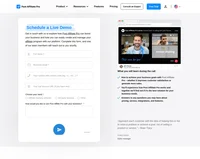A strong B2B Brand is what separates a service provider from a solutions provider. Anyone can provide a service to a client, but a well-crafted brand creates relationships by offering solutions. A business serious about long-term client relationships should take the time to develop and maintain a strong brand.
Customers remember the brands logo, founders or anyone that they feel that they’ve created a relationship with. Plan your brand around what your customers need and you’ll be able to build a brand customers remember.
It’s really about developing the space that your brand takes up in the mind of the customer and having a consistent system for how you interact with that customer.
Beyond branding, there is a significant sales implication to building your trusted brand online. Through the years the business has found that personal interactions of their brand with their customers remains one of the most influential factors for B2B growth.
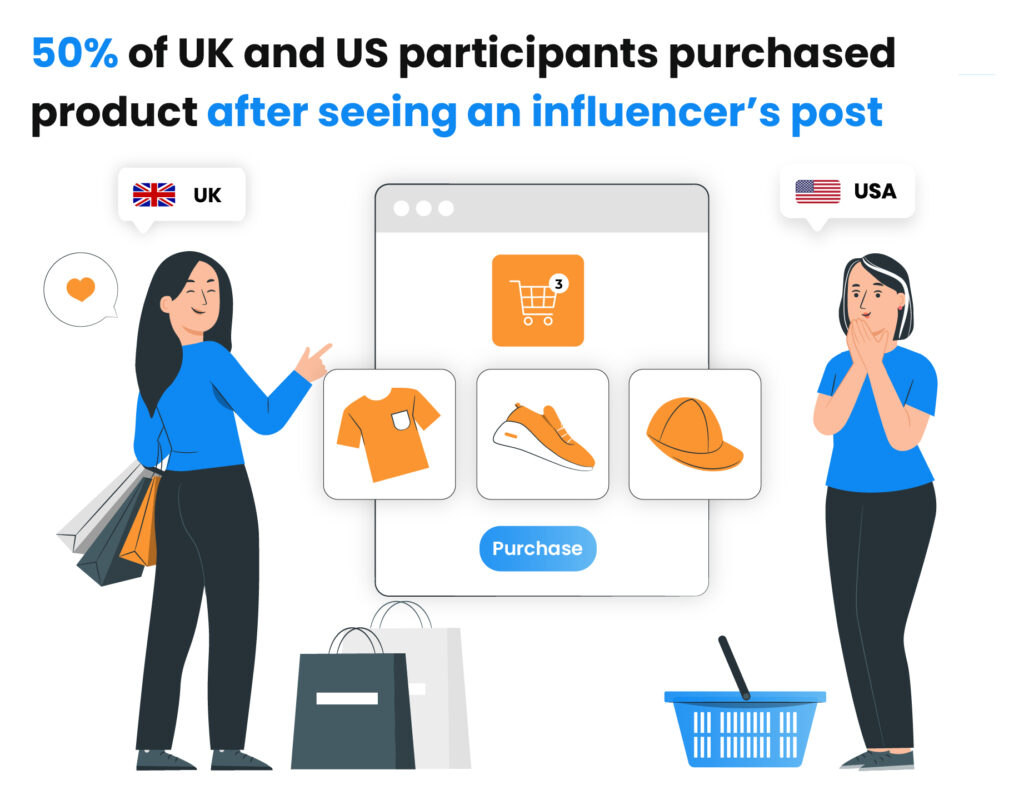
Your salespeople also have a huge influence on how customers view market differentiation and value propositions for their companies. Building a trusted brand doesn’t come easy, or happen overnight, you must reinforce your brand over a period of weeks, months and sometimes even years.
You can accomplish this by email follow-up, in-person meetings and even continued marketing on social media to your ideal customers.
One of the decisions a business owner must make is if you should hire a team or outsource freelancers to perform your marketing and social media.
You’re interested in increasing the awareness of your brand, but are you willing to put the time and effort into hiring the right people to accomplish this. Mixbloom wrote an article about the mistakes to avoid when outsourcing your social media. This is a great guide to follow if you’ll be relying on someone else to build trusted relationships with your potential clients online.
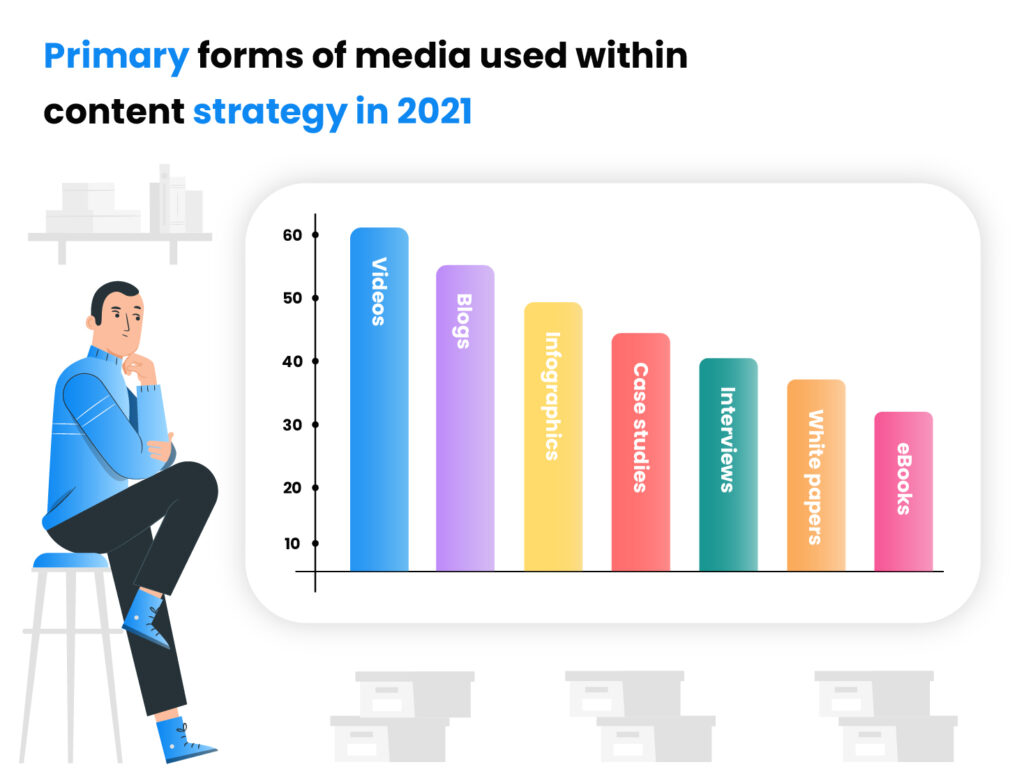
Sales and digital marketing agencies are able to communicate important B2B brand messages across the internet and educate your sales staff about how to effectively communicate competitive differences and value propositions to your customers.
To build a trusted B2B brand you need to answer this simple question, “Why should your customers choose you?”
Tips To Create A Strong Brand
In today’s world, your brand is your identity. A strong brand must entertain, educate, and inspire your customers. A great brand represents more than a product; it embodies a company’s core values. This creates an emotional connection between your customers and your brand.
Here are a few tips to consider when building a brand:
Tip #1: Have A Great Product
- Is there a mass appeal?
- Does it have unique features?
- Can it solve a problem?
- Are there demonstration or transformation as a result of the product?
- Are there proven results?
- Can you explain how it works and easily answer questions about your product.
Reflecting on these questions can help you get an idea of your brand’s strengths and weaknesses. It’s entirely possible to have a great product, but not relay your identity as intended. That’s why it’s a good idea to run tests, on aspects such as product design or usability, when building a brand to see if what you have built translates to the public properly.
Tip #2: Have Good Communication Skills
B2B is about building business relationships. Every tactic used, whether it is CRM marketing or social media has the ultimate goal of building a long-term business partnership. The skills required are underpinned by excellent interpersonal skills and a sales-focused philosophy, as every action must contribute towards the sales funnel.
When considering how you’re going to communicate with your clients and leads you must be there for them when they need you most. It is generally recommended to use a live chat tool to help you answer common questions people have when trying to reach out to your business.
Use Customer Relationship Tools
Improve customer support with customer relationship management tools. By having the right tools in place you’ll be able to continue building relationships and your brand through automation and systems.
A CRM (Customer Relationship Management) system is all about improving contacts with existing and future customers. It runs from a sales office fielding calls from potential customers, through to scheduling sales meetings, and on to customer service and technical support after a sale.
There are also many other tools you can use to communicate with your customers like:
- Your website can have a live chat that will be there to answer user questions.
- Set up a helpdesk to make it easy for your clients to reach out to you for support.
- Engage and encourage customers to interact with your product on social media.
- Know how to connect and respond quickly to customers regarding your product when they need you most.
- Make it easy for them to fill out a form, answer a survey or take a quiz on your site and contact you when they have questions.
As a growing B2B brand you’ll want to always be there for your customer’s questions, concerns, and even complaints. If your customer has a complaint or needs something fixed they’ll want to have easy access to your customer service.
We recommend reading an article about how to actively seek out your customer’s complaints and monitor your brand which will help you as the business be prepared and ready to fix any issues that come up.
![How To Create A Trusted B2B Brand [Make Your Business Stand Out]](https://www.postaffiliatepro.com/wp/urlslab-download/18dc2fbd68506ca64c59eb2888af9d10/liveagent-ticket-chat-overview-1024x674.png)
Benefits Of A Strong B2b Brand
Your brand is one of your company’s most valuable assets.
- Customer recognition. Having a strong brand works to build customer recognition.
- Competitive edge in the market. Your brand is what differentiates you in the marketplace. When customers recognize and back your brand, it helps lend a competitive edge to your company.
- Easy introduction of new products. When you already have a strong brand and loyal customers, it is often easier and less expensive to introduce new products or test them out before you further invest in them.
- Customer loyalty and shared values. The recognition and elevation that a strong brand builds upon all lend to greater customer loyalty. Customers are attracted to brands that they share values with.
- Enhanced credibility and ease of purchase. Having a strong, well-known brand enhances your credibility with customers, your industry, and the marketplace as a whole.
- Faster Sign-ups. Now when someone has heard of you before and you send them to your funnel they’re much more likely to sign-up and purchase something because they already trust you.
What Is B2B Brand Strategy
The B2B brand strategy is a long-term plan that outlines who you are as a company, what your brand stands for in the market, what you do, who you serve, where you’re going in the future, and — most importantly — how you’ll get there.
Another word for this clarity is a vision. Why is it important? Because when brands are thoughtfully managed, they have the capacity to bolster a company’s competitive advantages and deliver huge financial returns.
When setting up your brand strategy you will also want to consider your Net Promoter or Net Promoter Score (NPS) which is a management tool that can be used to gauge the loyalty of a brand’s customer relationships. It serves as an alternative to traditional customer satisfaction research and claims to be correlated with revenue growth.
Recently wrote an article about NPS and how effective it is for customer success. Make sure to use NPS to continue building stronger relationships with your customers.
Use this quick step guide to plan your brand strategy;
- Step #1 – Ensure customer relationships are your top priority
- Step #2 – Build a trusted team around your brand that cares about your success
- Step #3 – Set up proper systems and automation to continue building relationships automatically
Step #4 – Continue following up with your prospects until they’re ready to buy (use a tool like Albacross to identify your interested leads and continue reaching out and following up).
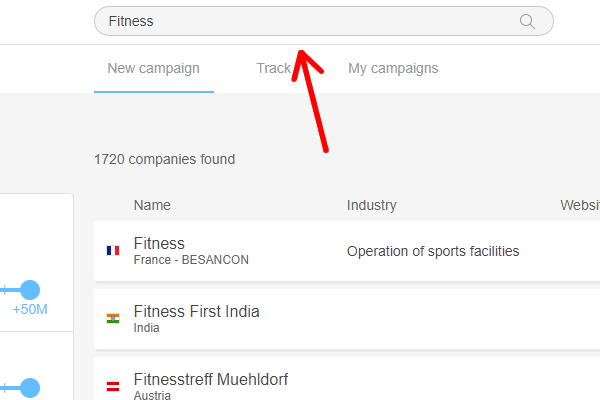
Steps To A Successful B2b Brand
Every day, brands fight for share in the marketplace, the attention of their prospects, and sales. The market is saturated with so many businesses that sell the same exact products or the same types of products as their competitors – and only the strongest survive and thrive.
Tip #1: A successful brand will
- Engages your target audience;
- Differentiates your company from the competition;
- Creates loyal customers and employees who champion your brand;
- Is simple, soulful, and inspiring.
Tip #2: Building Your Brand Relationship
Recent Gallup research has shown that the process of forming emotional connections doesn’t begin when consumers try the brand. Instead, emotional connections start to take shape with every brand encounter that leads up to trial.
- The best customers are loyal customers—those who see intrinsic value in your brand, and who choose to stick around to continue enjoying its benefits.
- Trust – People trust you when they know what to expect…and when the things they’re expecting are good. Be consistent.
- Be Authentic – This starts from the very beginning, when you list your corporate values, name your business, design your logo and more. People will see through an act, be yourself.
- Patience – it takes time for a person to gather all the information they need to know about your brand before they decide to trust it. Understand this, and know that customer loyalty is worth the effort…and the wait.
- Be mindful of the little things – It’s not just about how you interact during the sales process. It’s also about the support you offer during difficult times, the valuable information you supply on a daily basis, the gratitude you express, and all the others small things your brand does to prove that it’s capable of big things.
Tip #3: Tell Your Story
A compelling brand story gives your audience a way to connect with you, one person to another, and to view your business as what it is: a living, breathing entity run by real people offering real value.
- Incorporate your story into the brand messaging – This is a great approach, as it taps into the “heart and soul” of a company, the original idea or concept that inspired the vision for what has come to fruition.
- Build your personal brand. Remember how a story is infused with personality?
- Be active on social media. Stories will spread through the power of social media.
- Tell the story everywhere (like website, social media, email and content)
- Encourage your customers to tell the story.
Tip #4: Foster Respect and Loyalty
Building relationships take time but growing and maintaining them long-term takes perseverance, energy, and purpose.
- Customer loyalty is key to a successful sales effort – Customer loyalty comes about from satisfied customers, based upon receiving quality products or services delivered in a professional, timely manner (and handled in a professional, timely manner should an issue arise).
- Make Community Members Feel Included
- Always Cater to New Members
- Enable and Impassion Community Champions
- Single Out Members
- Help Individuals Achieve a Goal or Dream
The B2B Branding Takeaway:
B2B branding is changing. Strong and powerful sales and marketing strategies are being augmented with purpose and meaning through next-generation brand strategies.
Creating—and sustaining—a successful brand is not easy. It requires consistent, thoughtful strategic planning and implementation, and staying ever vigilant to ensure the brand is always fresh and relevant.
A brand is a precious thing. No matter how big or small, it is the essence of a company—and it should be treated with care. It needs to be nurtured, fed and looked after like the living, dynamic entity it is. But in the day-to-day operations of running a business, thinking about the “brand” can easily be on the back burner.
In many companies this is the constant state:
- The marketing team is busy pushing content out the door.
- The sales team is busy closing deals.
- The accounting team is too focused on making sure everyone’s getting paid.
Even those that do have the know-how and foresight to care for the brand are pushed to focus on the here and now. But for a brand to grow and thrive, someone must actively take the reins.
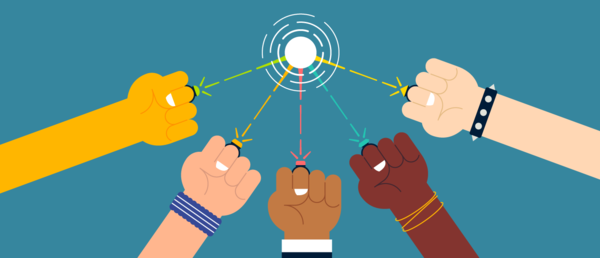
We believe having the right team around your brand will help you build amazing relationships which in return will increase sales. If you’re a business owner reading this article make sure to put your team first and if you’d like, use this guide to help you set team goals and ensure your team understands your companies business strategy going forward.
Share this article
![How To Create A Trusted B2B Brand [Make Your Business Stand Out]](https://www.postaffiliatepro.com/wp/urlslab-download/b2c71ab39e94e90af588cc5ce33965bb/pap-blog-featured-image-how-to-create-a-trusted-B2B-brand-573x335.jpg)





